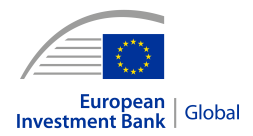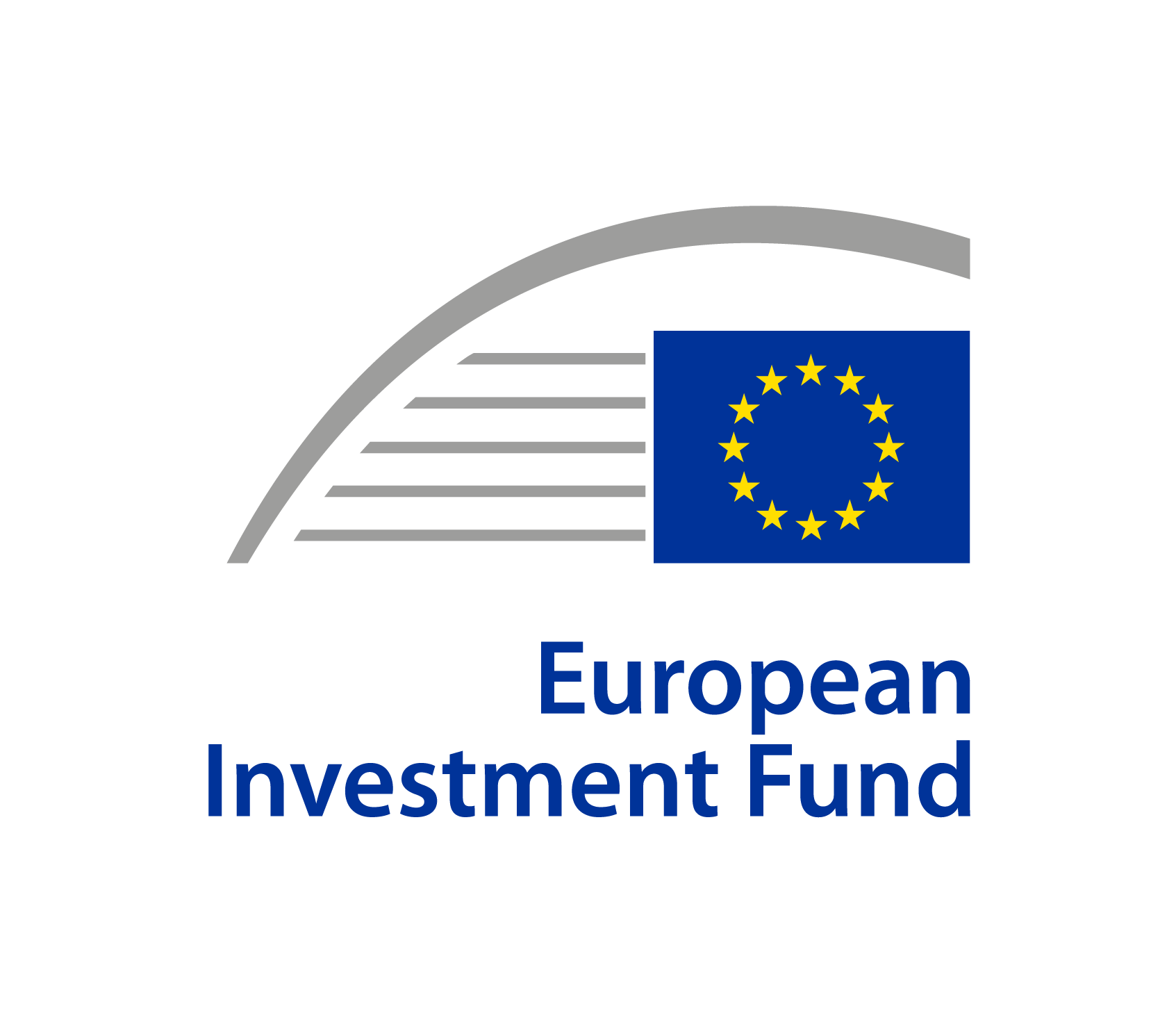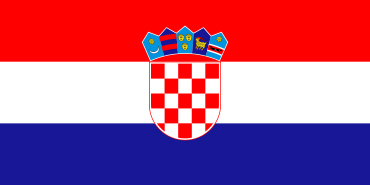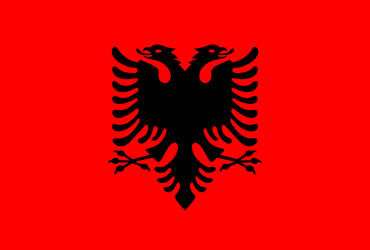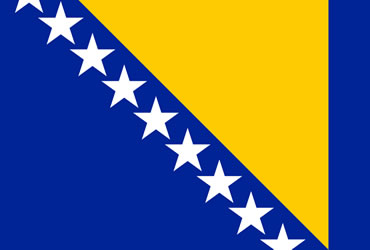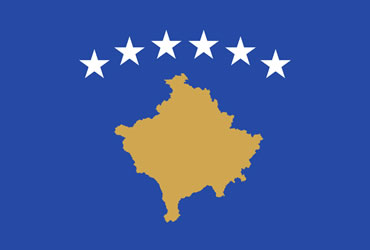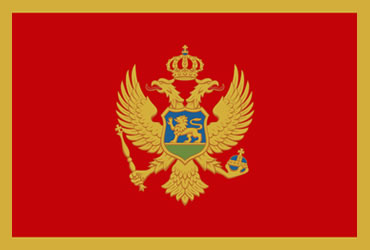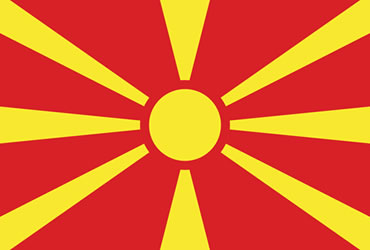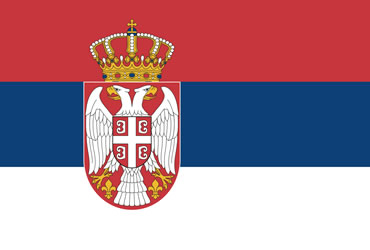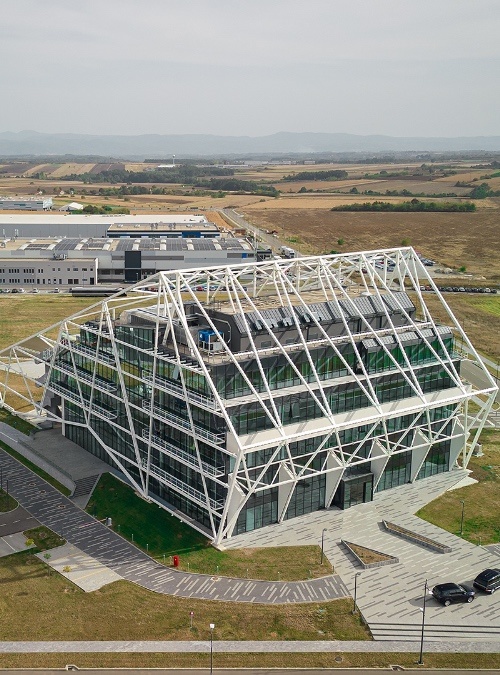
Eco-industrial park’s first brownfield site in Kragujevac, Serbia
The European Union (EU), the International Finance Corporation (IFC), and MIND Park have officially signed an agreement on 18 March 2025 to establish the first brownfield Eco-Industrial Park (EIP) pilot in the Western Balkans. This initiative aims to elevate MIND Park in Kragujevac, Serbia, into a fully integrated eco-industrial zone, promoting sustainable industrial development and aligning with EU environmental standards.
From brown to green
MIND Park is a leading industrial cluster spanning 190 hectares and employing more than 3,000 people, serving as a hub for rail, aerospace, water treatment technologies, and hi-tech industries. With a strong focus on developing infrastructure and support services, MIND Park aims to attract new industries and global investors to the region. Its vision is to become the first Eco-Industrial Park in the Western Balkans, integrating technology, production, and logistics into a sustainable industrial ecosystem. To achieve this, it will implement even more resource-efficient production methods, enhance waste management systems, and foster synergies among tenant companies to minimise environmental impact.
The EU through the Western Balkans Investment Framework (WBIF) provides a €3.6 million grant contribution to the Eco-Industrial Park programme, which aims to demonstrate the feasibility of Eco-industrial parks through four pilot case studies. This brownfield agreement comes shortly after the designation of the first greenfield EIP in Šabac, Serbia.
Plamena Halacheva, Deputy Head of the EU Delegation, Serbia said: “Aligned with the EU Green Agenda, this initiative underscores the Western Balkans' commitment to modernisation while achieving its sustainability goals. It is a pivotal step in advancing the regional green transition, driving innovation, and promoting sustainable growth.”
Darko Đorić, CEO of MIND Park commented: “We have worked diligently to establish MIND Park as a leading industrial hub, and with the support of the EU and IFC, we are taking the next vital step toward sustainability. This initiative aims to equip our tenants with tools and resources to enhance their operations, foster collaboration and industrial synergies, and integrate more deeply into the local community.”
Ines Rocha, IFC Regional Director for Europe: “With the eco industrial parks initiative, regional businesses will future proof their operations and be ready for the global market, ensuring smooth access to European value chains. By supporting the private sector to lead the way in industrial decarbonisation, we will unlock further opportunities to drive economic growth, attract sustainable investments, and set the region up for success.”
Building capacity for success
Alongside the agreement signing, MIND Park’s tenants embarked on a week-long series of capacity-building workshops, in a concrete step to enhance their sustainable practices, boost efficiency and align with EU environmental standards.
Around 20 companies participated in interactive sessions led by international experts from the International Finance Corporation (IFC), a member of the World Bank Group, and dss+, a global consulting firm specialising in sustainability and industrial transformation, with extensive experience in supporting green industrial development worldwide.
The workshops focused on:
- Understanding the principles of Eco-Industrial Parks
- Exploring industrial symbiosis – sharing resources and reducing waste
- Applying RECP (Resource Efficient and Cleaner Production)
- Identifying practical ways to integrate sustainability into everyday operations
Such trainings support companies in upgrading their operations toward low-carbon, circular industrial models, enabling them to remain competitive and gain smoother access to European markets.
---
On April 3, Belgrade hosted the Green Peak Festival, a key regional event dedicated to sustainability and climate action. The festival featured a series of insightful panels, including "Eco Industrial Parks as a Function of Sustainability," which brought together industry leaders to discuss the future of sustainable industrial development.
The IFC participation in this panel underscored our commitment to advancing eco-friendly industrial practices. Discussions highlighted the successful implementation of the first greenfield Eco-Industrial Park in Šabac, Serbia, and the first brownfield pilot in MIND Park, Kragujevac, a major industrial hub with over 3,000 employees, serving as a flagship models for low-carbon industrial development in the region. The panel concluded that through joint efforts between the EU, international institutions, and the private sector, Eco-Industrial Parks can become a new standard for development in the Western Balkans, fostering sustainable growth and aligning with the EU's Green Agenda.
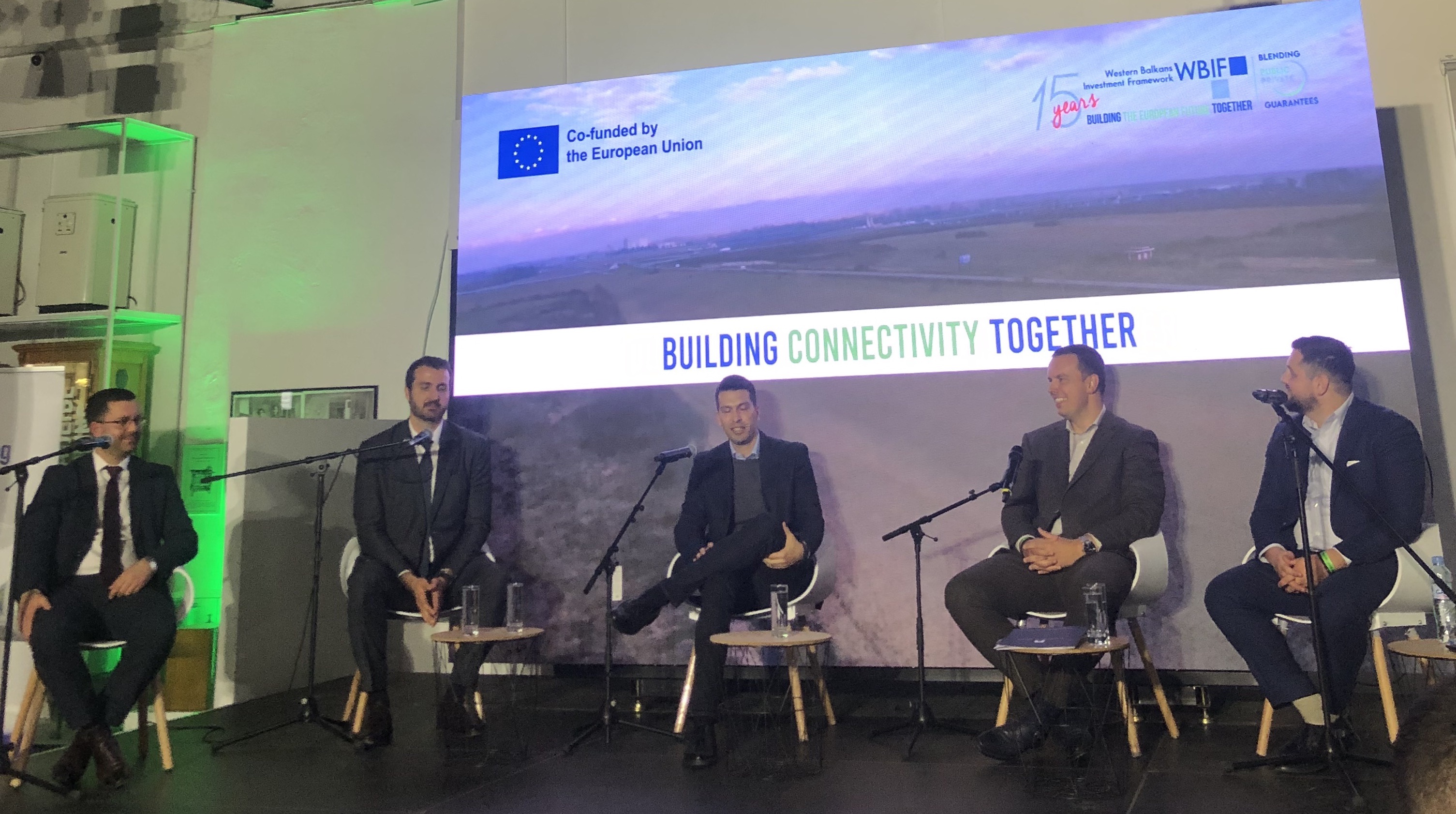
---
The Eco industrial park pilot is the result of partnerships between the European Union, the International Finance Corporation (IFC), local governments, and the private sector.
Aligned with policies such as the European Green Deal, the Green Agenda for the Western Balkans, and the Economic and Investment Plan for the Western Balkans 2021-2027, the project aims to support industrial decarbonisation and the creation of sustainable and competitive industrial zones. The European Commission, through the Western Balkans Investment Framework (WBIF), has been instrumental in supporting projects like these across the region.
More about the Eco-industrial Parks in the Western Balkans here
See all the EU-supported programmes for the private sector https://www.wbif.eu/sectors/private-sector-2024
Learn about this and other opportunities at the dedicated event: “Open4Business: Empowering MSMEs in the Western Balkans - Pathways to the EU” on 9 April in Belgrade, Serbia: https://open4business-empowering-msmes-in-wb.b2match.io/
---
The WBIF is part of the Global Gateway - the European strategy to boost smart, clean and secure connections in digital, energy and transport sectors, and to strengthen health, education and research systems across the world. Global Gateway is fully aligned with the UN’s Agenda 2030 and its Sustainable Development Goals, as well as the Paris Agreement. Global Gateway aims to mobilise up to €300 billion in investments. Through a 'Team Europe approach', Global Gateway will bring together the EU, its Member States and their financial and development institutions to mobilise the private sector to leverage investments for a transformational impact.
